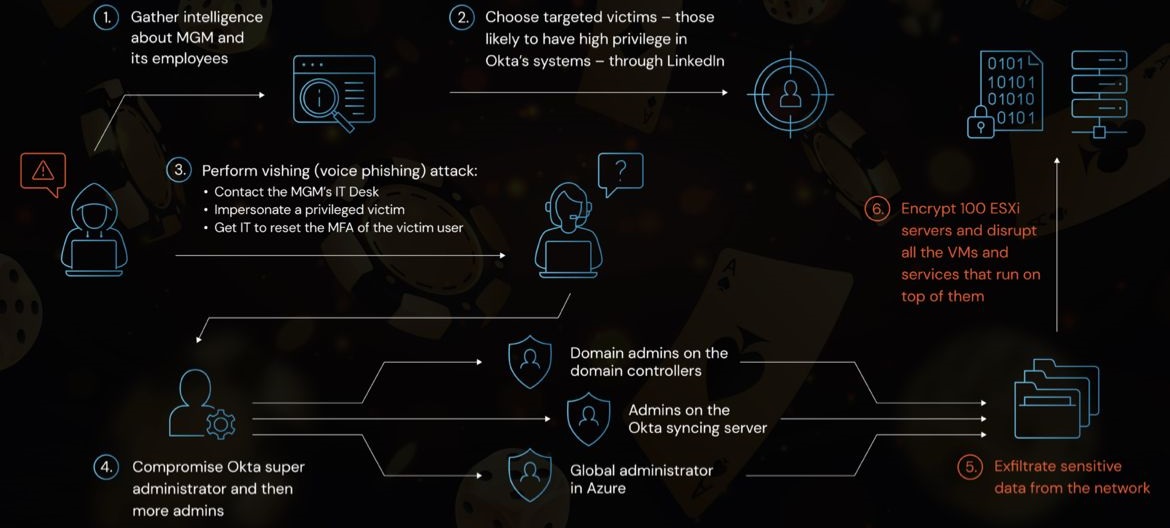
In an era dominated by digital advancements and pervasive cyber threats, the role of cyber security professionals has become paramount. With their expertise and vigilance, these dedicated individuals safeguard sensitive information, protect vital infrastructure, and ensure the privacy of individuals and organizations alike.
However, amidst the rapidly evolving landscape of cyber security, a pertinent question arises: Are cyber security professionals happy?
This article delves deep into the world of cyber security professionals, unraveling the factors influencing their job satisfaction and shedding light on the secrets to their happiness.
Understanding the Cyber Security Landscape:
The field of cyber security is ever-evolving, demanding continuous learning and adaptation. From defending against sophisticated attacks to staying updated with emerging threats, the challenges faced by cyber security professionals are substantial. Nonetheless, they possess a unique skill set that empowers them to tackle these obstacles head-on.
Job Satisfaction Factors
1. Impact and Significance:
Cyber security professionals often find immense satisfaction in knowing that their work directly contributes to protecting individuals, organizations, and even nations. The sense of purpose derived from safeguarding valuable assets and information is a significant source of job satisfaction.
2. Intellectual Stimulation:
The dynamic nature of cyber security keeps professionals intellectually engaged. The constant need to adapt to new technologies and stay ahead of cybercriminals ensures that monotony is seldom a part of their work. The thrill of analyzing complex threats and devising innovative solutions adds to their job satisfaction.
3. Career Growth and Development:
The cyber security domain offers numerous opportunities for growth and advancement. Professionals can specialize in various areas, such as penetration testing, incident response, or security architecture. The ability to continually expand their skill set and take on new challenges enhances job satisfaction among cyber security professionals.
4. Collaboration and Teamwork
Given the collaborative nature of cyber security operations, professionals often work closely with colleagues and stakeholders. The camaraderie, support, and shared sense of purpose foster a positive work environment, which positively impacts job satisfaction.
5. Competitive Salaries and Job Security:
The demand for skilled cyber security professionals has soared, resulting in competitive compensation packages. The assurance of job security, coupled with the potential for high salaries and benefits, contributes to overall job satisfaction.
Challenges and Sources of Discontent
While cyber security professionals experience a great deal of job satisfaction, they also face unique challenges that can impact their happiness. These challenges include:
Constant Pressure and Stress:
The relentless nature of cyber threats and the need to be constantly vigilant can lead to significant stress levels. Professionals often work in high-pressure environments that require quick decision-making and effective crisis management.
Skill Gap and Talent Shortage:
The rapid growth of cyber threats has created a significant skill gap in the cyber security industry. The scarcity of qualified professionals can result in heavier workloads and increased pressure, affecting job satisfaction.
Long Working Hours:
Cyber security incidents can occur at any time, necessitating professionals to be available round the clock. This can lead to irregular working hours and impact work-life balance, potentially affecting overall happiness.
Promoting Happiness and Well-being
Training and Skill Development:
Organizations must invest in continuous training and skill development programs to empower cyber security professionals. By equipping them with the necessary knowledge and tools, employers can enhance job satisfaction and promote professional growth.
Work-Life Balance:
Recognizing the demands of the cyber security profession, employers should strive to foster a healthy work-life balance. Encouraging flexible working hours, providing support systems, and promoting self-care initiatives can contribute to overall happiness.
Recognition and Appreciation:
Acknowledging the efforts and achievements of cyber security professionals is crucial for their job satisfaction. Regular feedback, performance recognition, and opportunities for career progression create a positive work environment and boost morale.
Community Engagement:
Promoting networking opportunities and community engagement within the cyber security industry can provide professionals with a sense of belonging. Platforms for knowledge sharing and collaboration not only enhance job satisfaction but also contribute to professional growth.
Conclusion
In the world of cyber security, the happiness of professionals is a multifaceted topic. While they face unique challenges and high-stress environments, cyber security professionals find great satisfaction in their work, driven by the impact they make, intellectual stimulation, career growth, and teamwork.
To ensure their continued happiness, organizations must address challenges, promote well-being, and recognize the invaluable contributions made by these dedicated individuals. By nurturing a supportive and fulfilling environment, the cyber security industry can continue to attract and retain talented professionals, securing our digital future with a smile.

